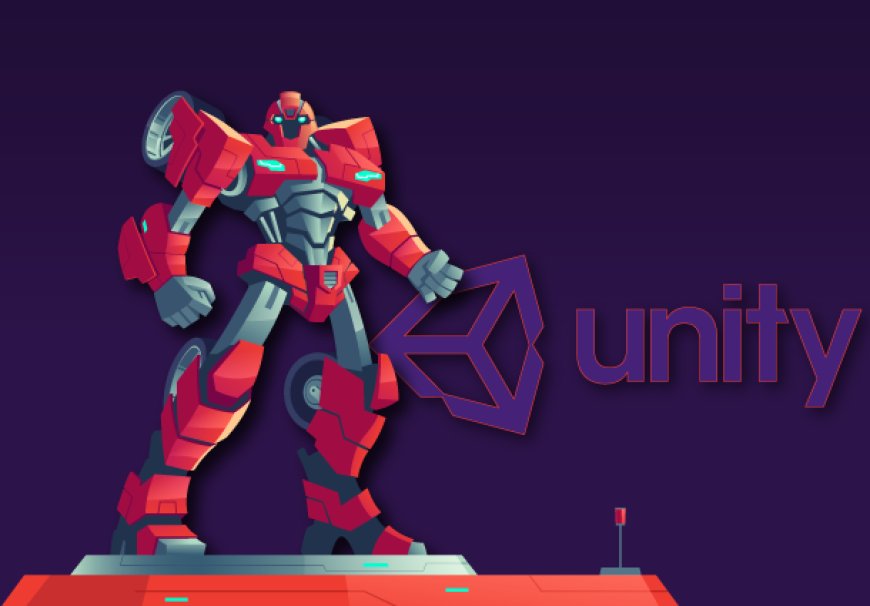Coding Essentials: Scripting Techniques for Unity 2D Game Developers

Introduction to Unity 2D Game Development
At Unity Gaming Services, we understand the intricate world of game development, particularly in the realm of unity 2d game development. In this article, we delve deep into the coding essentials and scripting techniques that every Unity 2D game developer should master. Whether you're a seasoned developer looking to refine your skills or a newcomer eager to learn the ropes, this comprehensive guide has you covered.
Understanding Unity 2D Game Development
The Evolution of Unity
Unity has been a cornerstone in the gaming industry, continually evolving to meet the demands of developers worldwide. From its humble beginnings to the robust Unity 3D game development platform we know today, Unity has consistently pushed boundaries, enabling creators to bring their visions to life.
Key Components of Unity 2D Game Development
1. Sprites and Animation
Sprites form the visual backbone of any Unity 2D game. Mastering sprite creation, animation techniques, and optimizing sprite sheets are fundamental skills for developers aiming to create visually stunning games.
2. Physics and Colliders
Physics engines in Unity facilitate realistic interactions between game elements. Understanding colliders, rigidbodies, and forces is crucial for designing engaging gameplay experiences.
3. Scripting in Unity
Unity's scripting capabilities empower developers to add functionality and interactivity to their games. By mastering C# scripting, developers can create complex behaviors, implement game mechanics, and optimize performance.

Scripting Techniques for Unity 2D Game Developers
1. Object-Oriented Programming (OOP)
OOP principles are foundational in Unity 2D game development. Encapsulation, inheritance, and polymorphism enable developers to create modular, reusable code, fostering efficiency and scalability.
2. Event-Driven Programming
Unity's event system allows for seamless communication between game objects. Leveraging events and delegates enhances code organization and promotes decoupling, leading to more maintainable projects.
3. Optimizing Performance
Efficient coding practices are essential for Unity 2D game development. Techniques such as object pooling, batch rendering, and asynchronous programming help minimize resource usage and ensure smooth gameplay across various devices.
Unity Gaming Services: Empowering Developers Worldwide
At Unity Gaming Services, we go beyond providing tools and resources; we empower developers to unleash their creativity and realize their game development aspirations. With a wealth of tutorials, forums, and community support, we strive to make the Unity experience accessible and rewarding for all.
Conclusion
In conclusion, mastering unity 3d games development requires a blend of technical expertise, creativity, and dedication. By honing your coding skills, embracing new techniques, and leveraging Unity's robust features, you can create captivating games that captivate audiences globally.

 abhiartoonsolutions
abhiartoonsolutions 





